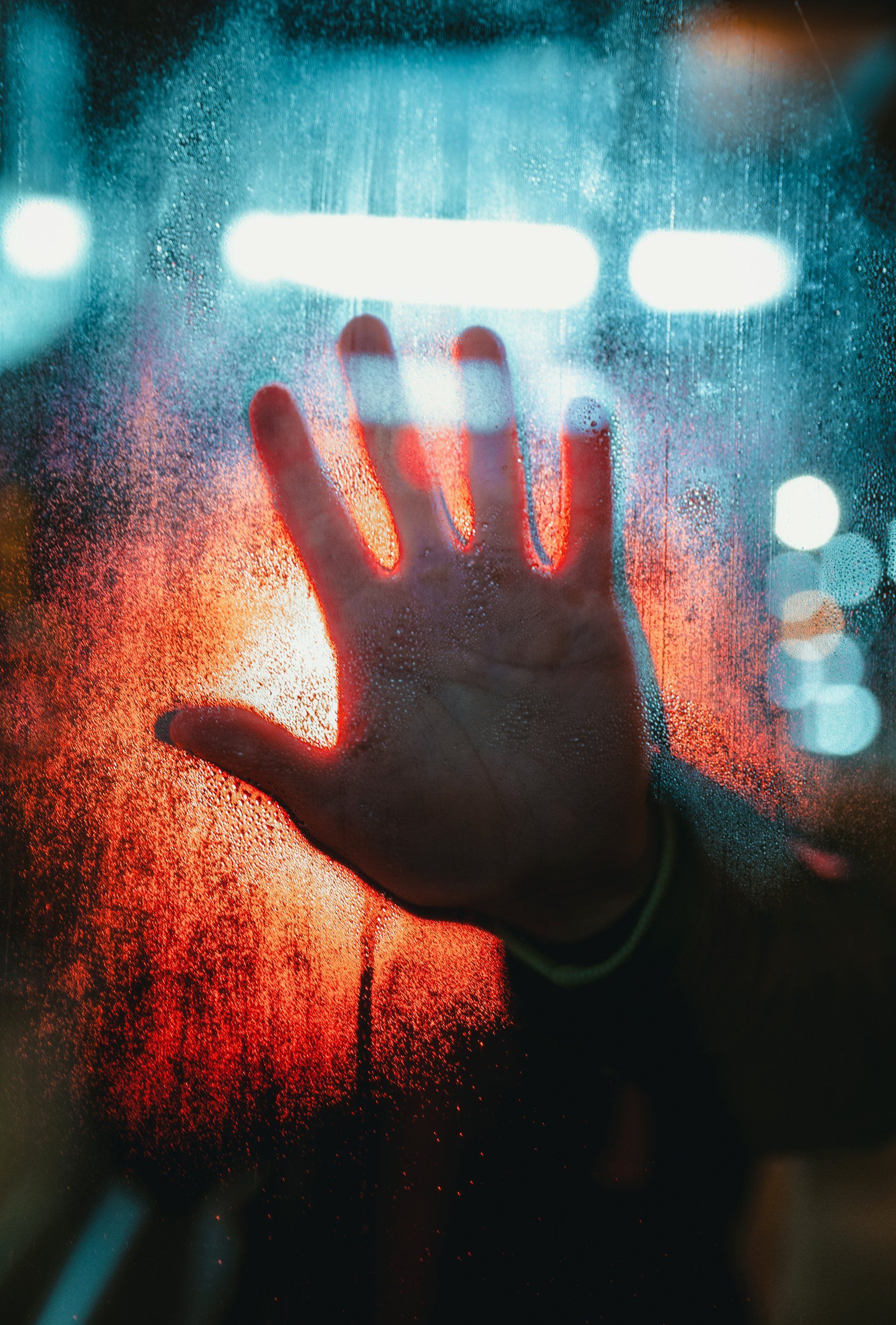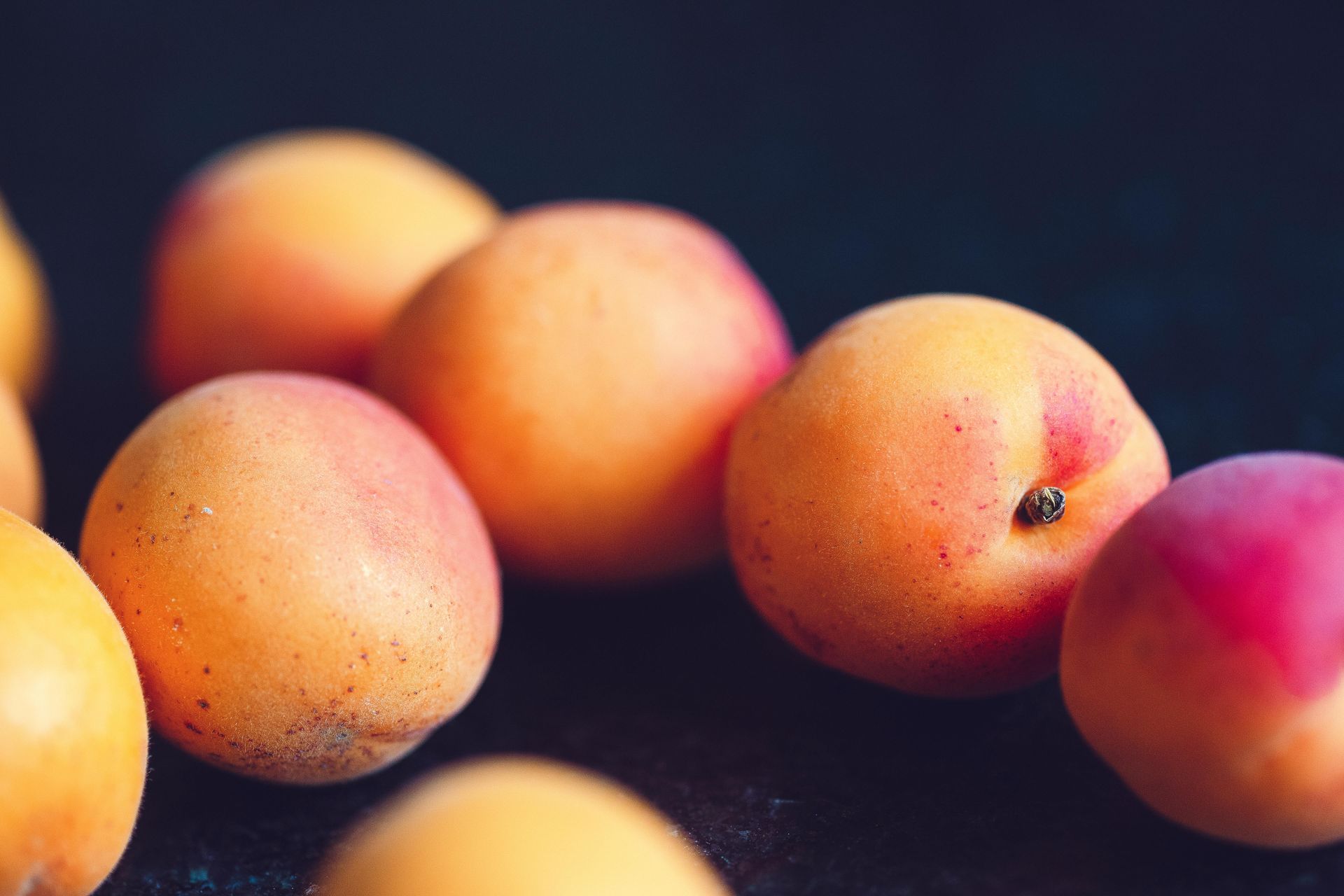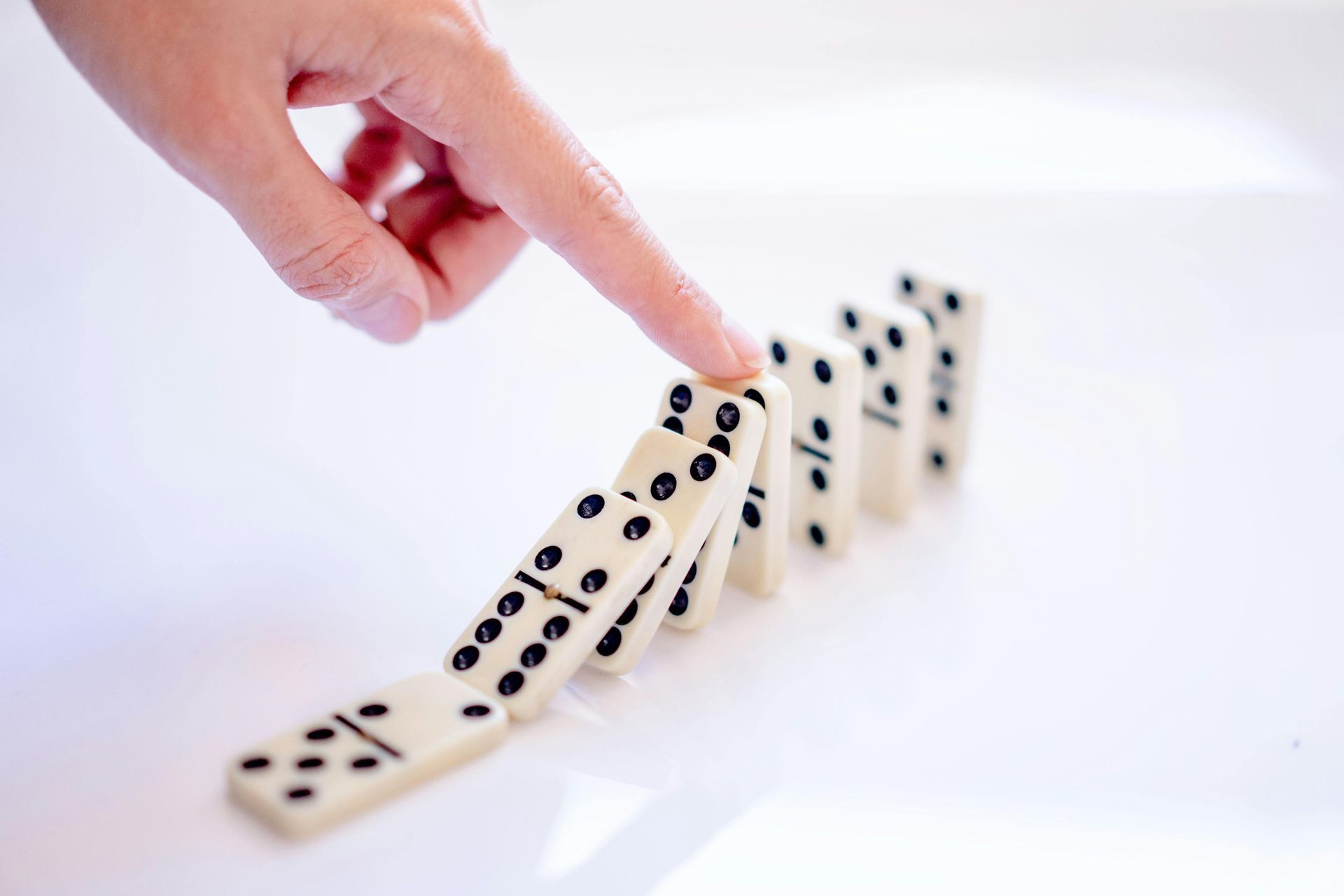Two cool UVC covid disinfection stories from around the globe
Boston, Massachusetts and the vast continent of India. They couldn’t be more different, but experts in both places are keen to use LED UVC robotics to keep the air and surfaces free from the covid coronavirus.
Lifegate Pharmaceuticals and UVC germicidal lighting
As reported by the India Times, rapid worldwide market growth of UV-C germicidal lighting is leading to it being seen as a ‘standard disinfection protocol’. While new products, procedures and technologies have been widely explored in the fight to disinfect objects and the air safely, UV-C germicidal lighting solutions are proving the best bet.
This supports an Allied Market Research report stating that the UV disinfection equipment market was valued at $1.3Bn in 2019, predicting the market will reach an incredible $5.7Bn by 2027, an impressive compound annual growth rate of just over 17%. This is leading some to predict the market will soon begin to grow ‘exponentially’. In India the UVC disinfection market is certainly booming, and not just for commercial and business spaces. They’re also looking into UVC for the home.
The India Times report reveals how automated UV-C light-based surface disinfection equipment compares with manual cleaning. They reckon the cost of disinfection by UV-C is around 10% of the cost of conventional disinfection. UVC lights designed to disinfect surfaces and the air are already widely used in Indian hospitals, hotels, and more. Some are already using UVC to completely replace chemical disinfection. Right now awareness is growing faster than ever, the technology is readily available, and the cost of UVC disinfection tech is reasonable.
Boston USA harnesses UV robots for covid disinfection
In Boston, USA, they’ve been using UV light to disinfect spaces for decades. The city already treats its drinking water with UV light as well as cleaning hospital rooms and surgeries with it. Now they’re harnessing ultraviolet light against the novel coronavirus in a test that has been running for the past two months.
The Greater Boston Food Bank is set to confirm the use of a UVC-emitting robot to disinfect surfaces and neutralise airborne viral loads in its warehouse every night. The customised robot was built by the MIT Computer Science and Artificial Intelligence Laboratory in collaboration with AVA Robotics. As they said, “Research shows that ultraviolet germicidal irradiation, specifically shining UVC light at different surfaces, can neutralize and kill various microorganisms.”
How much virus is killed depends on the UVC dosage and how long the light shines for. The team at MIT reckon their UV robot can kill off 90% of the virus. And it could easily also be used to clean “grocery stores, schools, office buildings, hotels, these different types of places where you would want to reduce the risk of exposure between guests or occupants”.
Before long the team believes the robot will simply be able to move through the Boston Food Bank’s warehouse automatically at night, driven by an automated, pre-set patrol schedule.
At the same time, in New York City there’s
a pilot underway designed to disinfect subway carriages using light pulses from portable UVC lamps. And in Shanghai, similar tech is already being used to clean buses.
The UV-C writing is on the wall
If you’d like to steal an advantage over your competitors, why not give our UVC disinfecting robots a try? It might just be the perfect way to get your business back on track... and keep it there.










